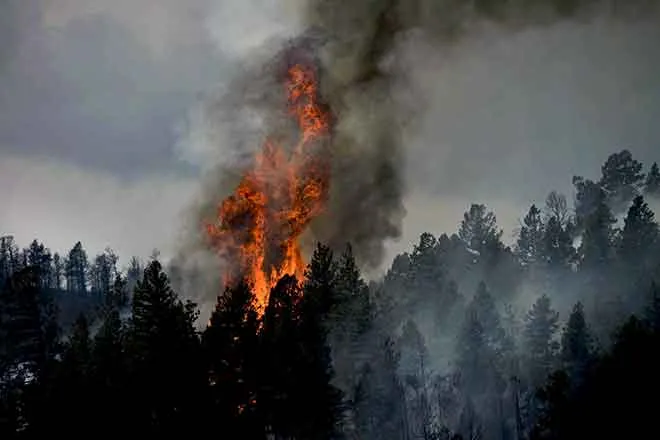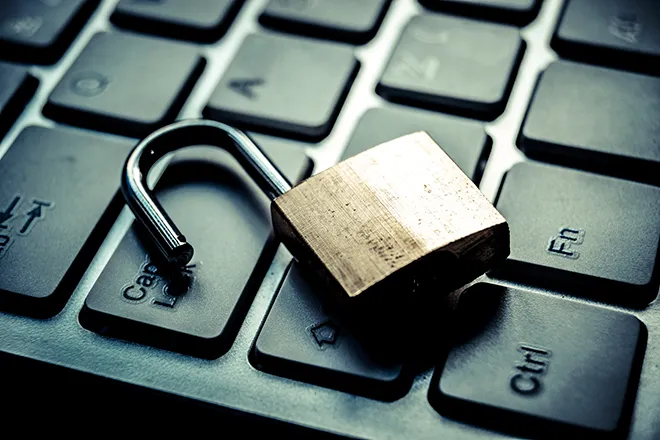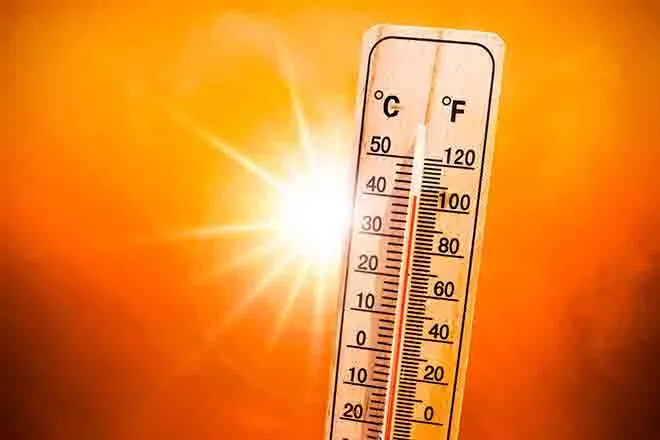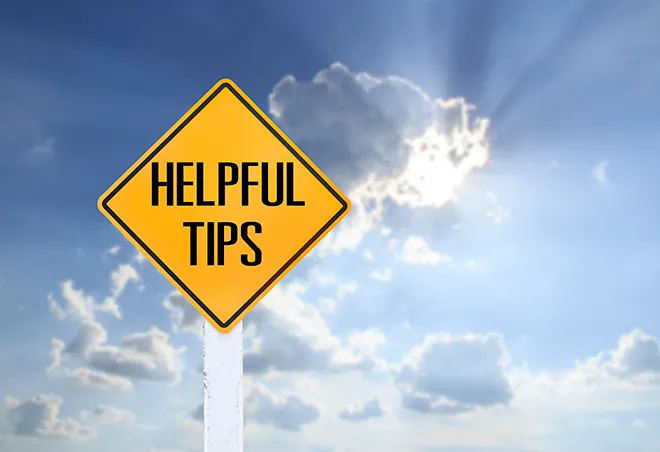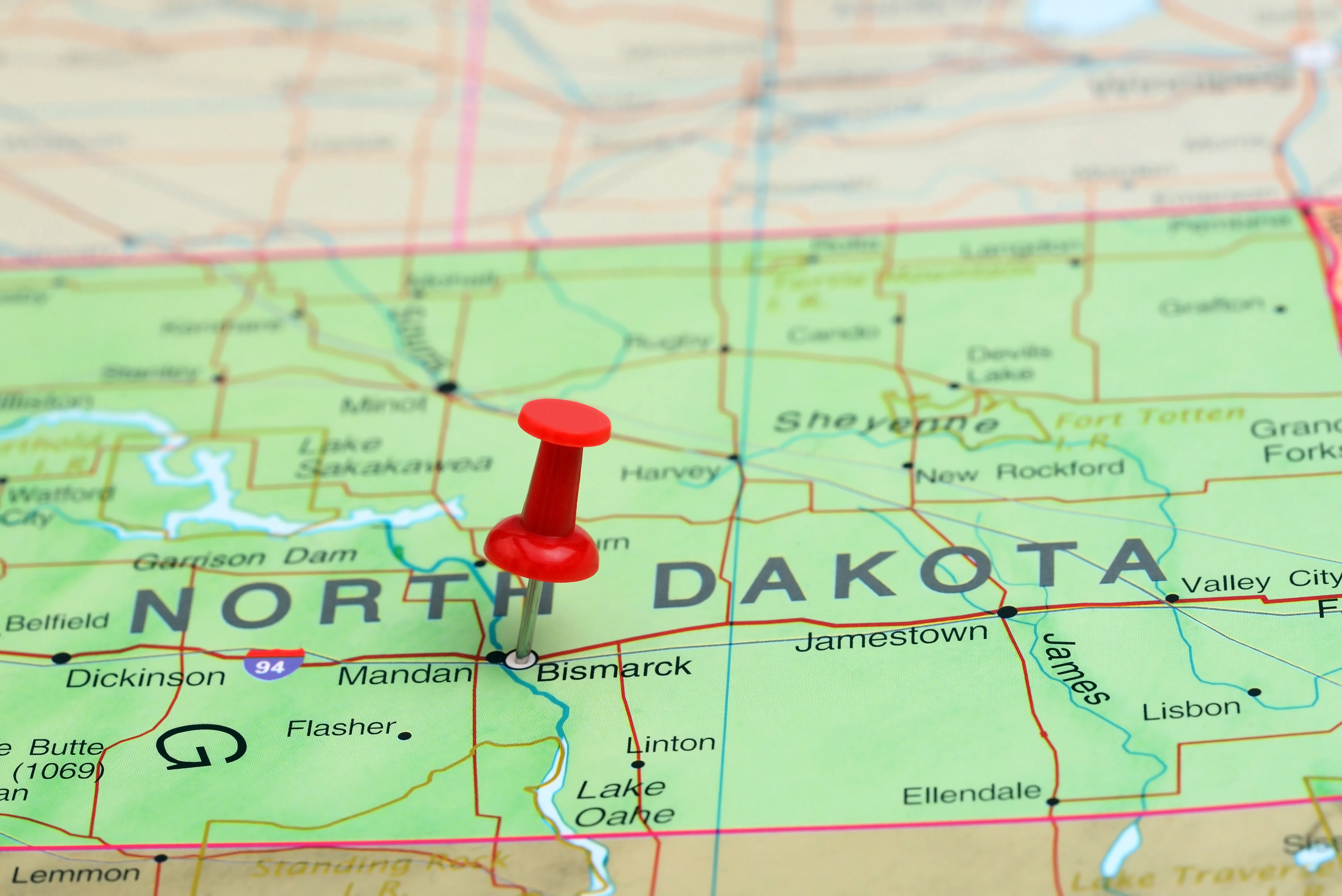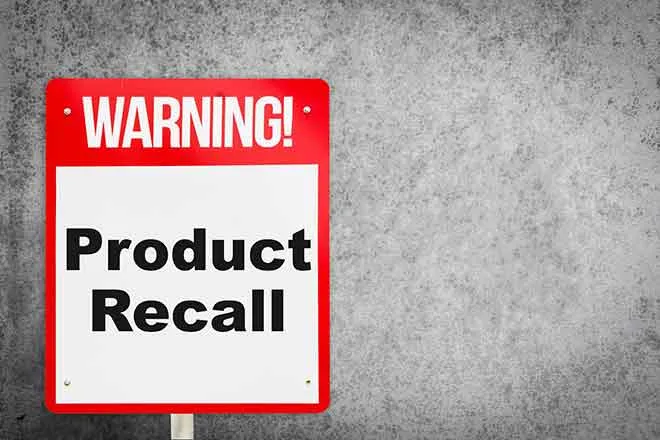
Suicide Survivors: Who Are They?
by Southeast Health Group
In 2014, Colorado was ranked 7th in the nation for suicide, with 19.78 deaths per 100,000 people, and a total of 1,083 suicide deaths, according to the American Foundation for Suicide Prevention. For every one completed suicide, there are 25 attempted suicides that are not completed. These are the survivors.
Most people who survive suicide recover, often with the help of mental health or addiction professionals, and are grateful to be alive. They overcome the issues that led to the attempt, and find new joy in living. They move on to become productive, contributing and valuable members of society. Many times, they use the experience of resiliency to help others.
On the other hand, when a person completes a suicide, the family and friends of that person are also called survivors. It is painful and difficult to accept the fact that your loved one has committed suicide. Many times I have heard comments from survivors that suicide is the most selfish act there can be, based on the amount of emotional pain they are feeling at the time. Added to the raw feelings of grief and loss, there may be some feelings of guilt: What did I miss? Did they say something I should have caught? Maybe you’re remembering that one thing they did or said that didn’t seem important at the time, but in retrospect could be taken as a sign or warning. From your perspective, at this time of loss, the person who took his/her life may seem very selfish indeed.
But try to look at it from the other side. Human beings have an instinct for survival. What events or emotions in that person’s life were so serious and excruciating that their survival instinct was overridden? What immense feelings of hopelessness and helplessness made them believe that life would never get better? The future must have felt like a black hole, full of all-consuming, crushing emotional pain 24/7.
Without an intervention from a caring and concerned person, someone in this state of mind may actually think they are doing their family and friends a favor, that they are removing a burden from your life. Or, they may not be thinking of you at all. They may just be focused on finding a way to stop that constant emotional hurt and despair. Selfish? Not from this person’s perspective.
Drugs and access to guns can compound the suicide crises happening in our communities. If an individual has thoughts of ending their life, drugs can affect their judgment and lessen their inhibitions so that suicide seems to be an acceptable answer. Easy access to firearms also impacts a person’s ability to act quickly and permanently, and decreases the time we have to intervene. Nearly 50% of suicide deaths happen by firearm.
Know what? Most suicides can be prevented. If you know someone who feels like there’s no hope for the future, who feels sad and alone, here’s what you can do:
• Talk. Listen. Ask. Ask if (s)he is thinking of hurting him(her) self. Open the door.
• Let them know they’re not alone. You won’t be putting the idea in their mind; it’s already there or you wouldn’t be worried.
• NOW is the time to take that first step and ask. If you need help, please call Southeast Health Group at 1-800-511-5446 and ask for emergency services. Someone will be there to help you through.
You are the first step to preventing a suicide. To learn more, enroll in Southeast Health Group’s Mental Health First Aid classes. Call 1-800-511-5446 for more information about how to sign up today.

